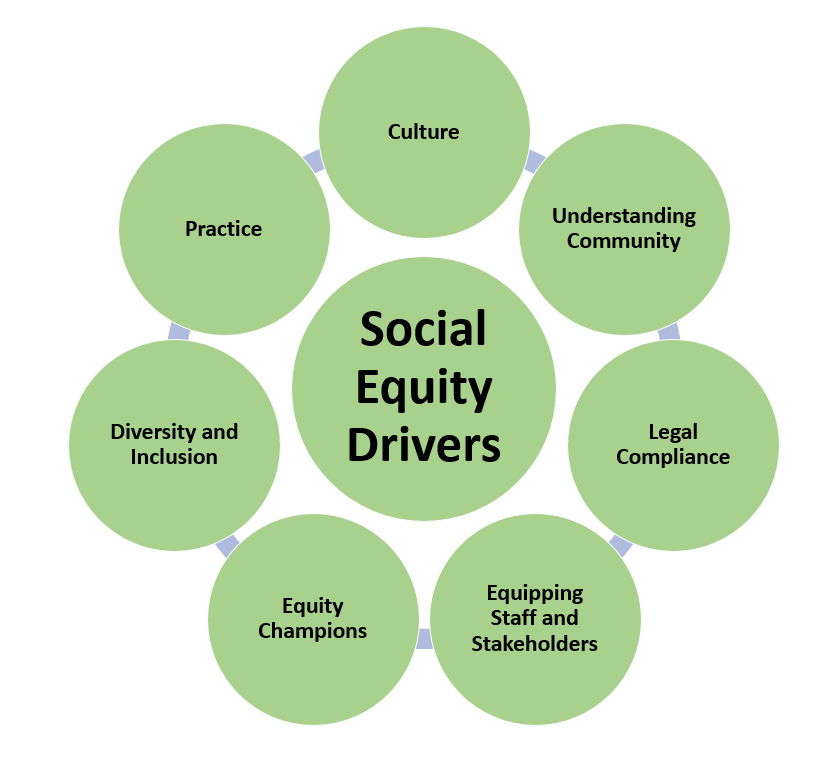A trio of Black cannabis entrepreneurs and social equity advocates warned newcomers to the marijuana trade during a panel at MJBizCon in Las Vegas that the capital fundraising landscape is a harsh one, and that many in such scenarios wind up relying on money from friends and family or potentially predatory venture capital investors.
Some predatory investors that have tried taking advantage of social equity licensees, said Nevada-based accountant Naomi Granger, were shopping around funding deals that included interest rates of up to 40%.
“Not all money is good money,” Granger warned. “Make sure you read every single word in that legal contract. I’ve seen legal contracts for funding that have one little sentence that says, ‘Once you’ve signed this, you’ve admitted guilt in case we go to court.’”
Another panelist, Los Angeles-based dispensary owner Whitney Beatty, immediately echoed the sentiment, and told audience members, “Everything that’s put in front of you is not going to be fair and does not always need to be signed.”
“We can’t scream ‘generational wealth’ without understanding that there is a lot of risk within this space. Ask the MedMens of the world. Ask the Herbls of the world,” Beatty said, referring to a pair of high-profile California cannabis companies that have failed spectacularly in the past two years.
She recounted that the “most expensive money” she ever raised was $5,000 that her aunt gave her, which she had to withdraw from her 401k retirement account, meaning her aunt paid a hefty tax penalty to help her launch her L.A. shop, Josephine and Billies.
“There is personal liability that can be there, if you don’t pay your taxes on time, you wind up with a lien against your personal house. You’re risking a lot,” Beatty said. “I’m reticent to encourage people to get into the space without letting them know what they can lose.”
Granger advised new market entrants, and particularly social equity hopefuls, to find and rely on solid attorneys and accountants to help them in both the licensing and fundraising journeys, and to figure out precise financial details before really getting started. For instance, Granger said, if a social equity retailer does successfully find an angel investor, she said it’s important to be clear on when funds will be delivered and when interest begins accruing.
“You don’t want a huge lump sum on day one, because that’s when interest starts,” Granger said, noting most companies don’t need all of their funding all at once but rather in stages as the operation progresses.
Rapper and entrepreneur Leonard Harris, a partner in Cronja Culture, also backed up Granger’s point about finding solid attorneys to review every potential contract offered to entrepreneurs.
“I don’t talk like Shakespeare. Most lawyers in the judicial system, everybody talk like Shakespeare. So you gotta get you a Shakespearean translator to translate your contracts so you know what’s going on,” Harris said with a laugh. “You never get what you’re worth. You get what you negotiate.”
If nobody on the fundraising team has direct cannabis industry experience, then it may be a good idea to recruit someone for that purpose, Beatty also suggested.
“Investors want experience,” she said. “There was a period in 2016, 2017, where we were all going to get rich. Now, we realize that’s not the case. You’re going to have to make really sound decisions. We’ve seen big players like MedMen who had all the money, and lost all the money, and it’s made for a very fearful investor.”







